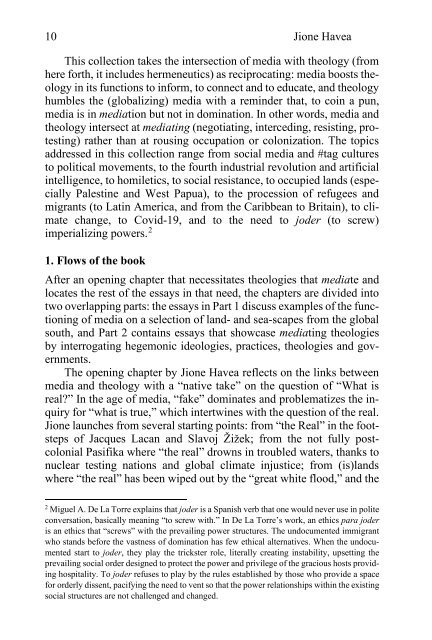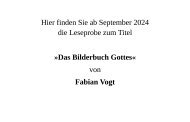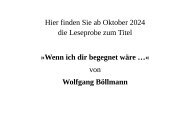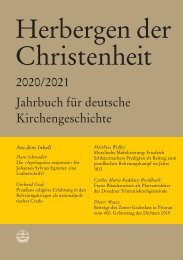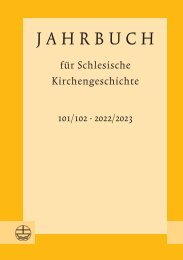Jione Havea (Ed.): MEDIAting Theology (Leseprobe)
This collection engages the challenges and opportunities for doing theology in the context or age of media. The intersection of media with theology is reciprocating: media boosts theology in its functions to inform, connect and educate; theology humbles the globalizing media with a reminder – media is in mediation but not in domination. Media and theology thus intersect at mediating (negotiating, interceding, resisting, protesting) and they should avoid the temptation to colonize. The essays are presented in two overlapping clusters: Mediascapes (intersection of media and a selection of land- and sea-scapes) and Mediations (implications of mediating theology for interrogating hegemonies). The topics addressed include social media and #tag cultures, the fourth industrial revolution and artificial intelligence, homiletics, social resistance, Palestine, Latin America, climate change, and Covid-19.
This collection engages the challenges and opportunities for doing theology in the context or age of media. The intersection of media with theology is reciprocating: media boosts theology in its functions to inform, connect and educate; theology humbles the globalizing media with a reminder – media is in mediation but not in domination. Media and theology thus intersect at mediating (negotiating, interceding, resisting, protesting) and they should avoid the temptation to colonize.
The essays are presented in two overlapping clusters: Mediascapes (intersection of media and a selection of land- and sea-scapes) and Mediations (implications of mediating theology for interrogating hegemonies). The topics addressed include social media and #tag cultures, the fourth industrial revolution and artificial intelligence, homiletics, social resistance, Palestine, Latin America, climate change, and Covid-19.
Create successful ePaper yourself
Turn your PDF publications into a flip-book with our unique Google optimized e-Paper software.
10 <strong>Jione</strong> <strong>Havea</strong><br />
This collection takes the intersection of media with theology (from<br />
here forth, it includes hermeneutics) as reciprocating: media boosts theology<br />
in its functions to inform, to connect and to educate, and theology<br />
humbles the (globalizing) media with a reminder that, to coin a pun,<br />
media is in mediation but not in domination. In other words, media and<br />
theology intersect at mediating (negotiating, interceding, resisting, protesting)<br />
rather than at rousing occupation or colonization. The topics<br />
addressed in this collection range from social media and #tag cultures<br />
to political movements, to the fourth industrial revolution and artificial<br />
intelligence, to homiletics, to social resistance, to occupied lands (especially<br />
Palestine and West Papua), to the procession of refugees and<br />
migrants (to Latin America, and from the Caribbean to Britain), to climate<br />
change, to Covid-19, and to the need to joder (to screw)<br />
imperializing powers. 2<br />
1. Flows of the book<br />
After an opening chapter that necessitates theologies that mediate and<br />
locates the rest of the essays in that need, the chapters are divided into<br />
two overlapping parts: the essays in Part 1 discuss examples of the functioning<br />
of media on a selection of land- and sea-scapes from the global<br />
south, and Part 2 contains essays that showcase mediating theologies<br />
by interrogating hegemonic ideologies, practices, theologies and governments.<br />
The opening chapter by <strong>Jione</strong> <strong>Havea</strong> reflects on the links between<br />
media and theology with a “native take” on the question of “What is<br />
real?” In the age of media, “fake” dominates and problematizes the inquiry<br />
for “what is true,” which intertwines with the question of the real.<br />
<strong>Jione</strong> launches from several starting points: from “the Real” in the footsteps<br />
of Jacques Lacan and Slavoj Žižek; from the not fully postcolonial<br />
Pasifika where “the real” drowns in troubled waters, thanks to<br />
nuclear testing nations and global climate injustice; from (is)lands<br />
where “the real” has been wiped out by the “great white flood,” and the<br />
2<br />
Miguel A. De La Torre explains that joder is a Spanish verb that one would never use in polite<br />
conversation, basically meaning “to screw with.” In De La Torre’s work, an ethics para joder<br />
is an ethics that “screws” with the prevailing power structures. The undocumented immigrant<br />
who stands before the vastness of domination has few ethical alternatives. When the undocumented<br />
start to joder, they play the trickster role, literally creating instability, upsetting the<br />
prevailing social order designed to protect the power and privilege of the gracious hosts providing<br />
hospitality. To joder refuses to play by the rules established by those who provide a space<br />
for orderly dissent, pacifying the need to vent so that the power relationships within the existing<br />
social structures are not challenged and changed.


